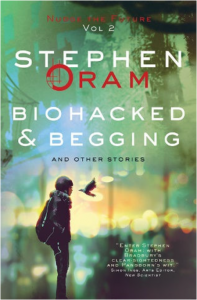22nd January 2020 – Paz Garcia

Doctors could in the future diagnose your condition and predict if you will respond well to treatments – from your spit.
The team, led by researchers from the Department of Twin Research, King’s College London, found 14 molecules in saliva were linked with 11 genes. This includes a gene that can make people develop severe side effects to a common chemotherapy treatment for cancer when the gene’s activity is low.
The study is the first to find that molecules in saliva reflect the activity of certain genes.
First author Dr Abhishek Nag explained:
“Saliva is easy and cheap to collect, without the need for any invasive procedures or specialist healthcare professionals. It may be that in the future, doctors could use simple spit tests to diagnose patients and check how well they may respond to particular treatments.”
Spitting pretty
Saliva is a good reflection of oral health, which in turn is linked with other conditions including heart disease and autoimmune conditions. There has been growing interest from researchers in using saliva, rather than blood, to understand the development of diseases.
The team analysed molecules in the saliva of 1,419 twins from TwinsUK, and looked to see if there was a link with any of their genes. The researchers checked their findings by carrying out the same analysis with participants from a German study called SHIP-2.
The team found 11 genes regulated the levels of 14 molecules in spit, including genes previously unknown to have any connection with saliva.
Senior author Dr Claire Steves explained the next steps for the research:
“Our study has provided us with an initial map of the genes that affect molecules in saliva. We now need larger studies to understand how other genes may lead to changes in saliva and how this is linked with different health conditions.”







